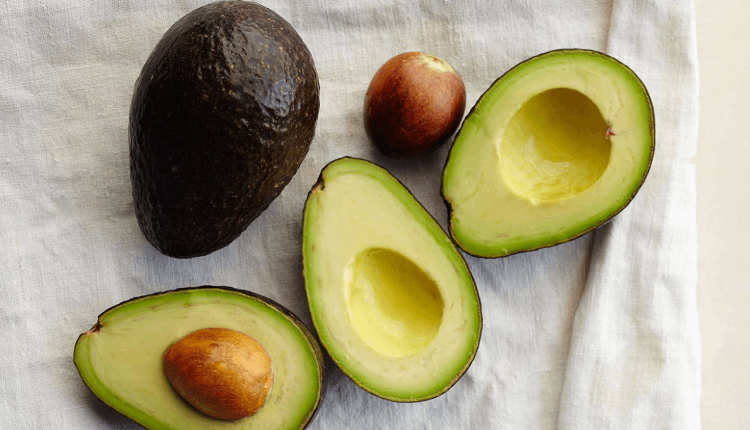In celebration of World Heart Day, which took place on September 29th, the World Avocado Organization is championing the role avocados can play in heart health. Thanks to their delicious flavour, smooth texture and incredible versatility, avocados have become popular all over the world, but it’s their extraordinary nutritional profile that makes this superfruit so special.
Two servings of avocado per week can lower the risk of cardiovascular disease (CVD)
Several studies have demonstrated how avocados can help contribute to a heart-healthy diet and lifestyle. A 2022 study, published in the Journal of the American Heart Association, found that those who ate at least two servings of avocado a week had a lower risk of CVD compared to people who rarely ate avocados. The study was carried out over a 30-year period, involving over 110,000 participants, and the study concluded that replacing certain fat‐containing foods with avocado could lead to a lower risk of CVD.
Backing up these findings, another study published in the same journal found that eating one avocado a day for six months could slightly lower low-density lipoprotein (LDL) cholesterol levels. “There is a growing body of research which supports the idea that the inclusion of avocados in the diet can positively benefit your health. Avocados are low in sugar and salt, but high in a number of important nutrients for cardiovascular health including monounsaturated fats, plant sterols, potassium and fibre” says study Co-author Dr Joan Sabate MD, Dr PH, Professor of Nutrition and Epidemiology at Loma Linda University School of Public Health.
Besides these two studies, other research has demonstrated that avocado consumption can be associated with improved overall diet quality, nutrient intake, and reduced risk of metabolic syndrome (the medical term for a number of conditions that increase the risk of CVD and strokes).
How avocados can contribute to heart health
Avocados are packed with vitamins, minerals and other nutrients, but what makes the fruit unique is the high quantity of healthy monounsaturated fats they contain (approximately 6.65 grams in half an avocado). Monounsaturated fats, like those found in avocados, can help reduce LDL cholesterol levels in the body, while foods high in saturated fats, such as cheese and butter, can have the opposite effect.
A 2020 study found that the mortality rate in Asian Indians from certain heart diseases is 20-50% higher than any other population and concluded that conscious efforts can be taken to reduce these figures, such as having a healthy, balanced diet and exercising regularly.
As well as monounsaturated fat, avocados are rich in other nutrients that can support heart health. These include potassium, which helps the body maintain healthy blood pressure, and dietary fibre which can also play a beneficial role in lowering the risk of high blood pressure, high LDL cholesterol levels and CVD.
Swapping saturated fats for unsaturated fats can help improve heart health
Everyone needs some fat in their diet, but experts recommend switching out saturated fat for smaller amounts of unsaturated fats. With this in mind, topping toast with a portion of avocado rather than butter, cheese or chocolate spread, could be a great way to incorporate more healthy fats into your daily routine.


Comments are closed.